Going Home
Your surgeon and nurses will discuss with you arrangements for your discharge home.
If you have any concerns regarding your discharge or you require assistance, please raise it with them as soon as the subject is broached. If you have stayed overnight or longer, discharge time is by 10am. Please discuss with staff if this causes you a problem. Charges may apply if you decide to extend your stay after your surgeon has discharged you.
A checklist for preparing to go home
I have arranged for someone to drive me home.
I have arranged for someone to stay with me at home for at least the first 24 hours.
I have received my Hospital discharge summary, including instructions from my surgeon and the contact details of my surgeon.
I understand my recovery plan and the steps I need to take to reduce my risk of blood clots.
I know how to arrange any follow up rehabilitation support e.g. physiotherapy.
I have received any prescriptions required for my recovery, and any medications, remedies or supplements I brought with me.
I have made follow-up arrangements with my surgeon, as necessary.
I have collected my X-rays and/or scans (CT, ultrasound, MRI).
I have arranged for any necessary rehabilitation aids (eg, crutches).
Please note
At the time of your discharge, your nurse will provide you with additional discharge information, and will help you to complete any appropriate post-operative paperwork.
Paying your account
Depending on who is funding your treatment, you may be required to settle outstanding accounts or make co-payments prior to leaving the hospital. If your treatment is covered by insurance, you will need to forward all final costs to your insurer (this will be broken down into separate accounts from the hospital, your surgeon and your anaesthetist).
After you leave Franklin Hospital
Call or visit your surgeon, GP or accident/emergency service immediately if you become unwell after you leave the hospital and/or develop any of the following signs or symptoms:
Sudden shortness of breath and/or pain in your chest
Coughing up blood-streaked mucus
Raised temperature (fever) or chills
Excessive bleeding or wound ooze
Increased pain, redness or swelling in or around
the woundNausea or vomiting
Pain in your pelvis
Redness, pain, swelling or tenderness in your leg
Any other signs, symptoms or issues that are of concern to you or your family/whānau.
If in doubt, or in the event of an emergency, call an ambulance immediately (111).
Feedback
Staff at Franklin Hospital welcome all feedback. This helps us to improve our service and also confirms the things we do well. We would appreciate you providing us with your feedback.
A feedback form can be left at the hospital reception, posted back to us in a pre-paid envelope or you can provide your feedback to us online.
